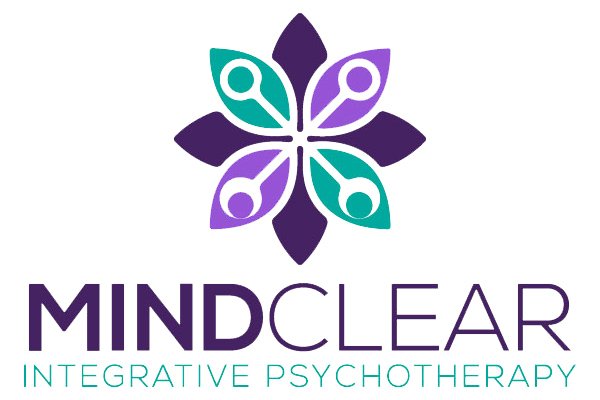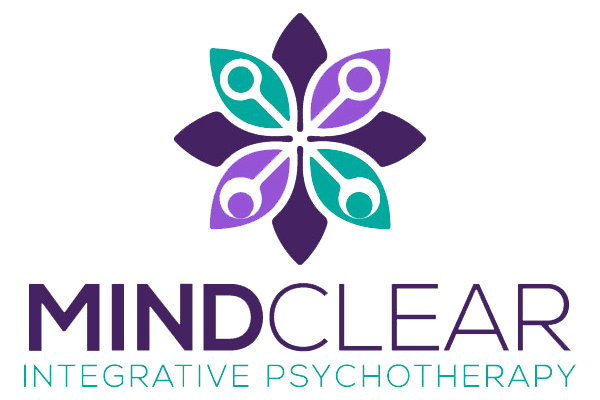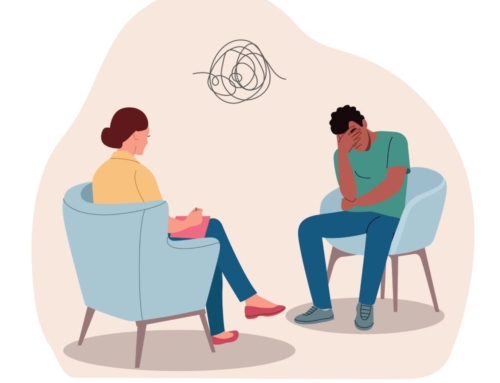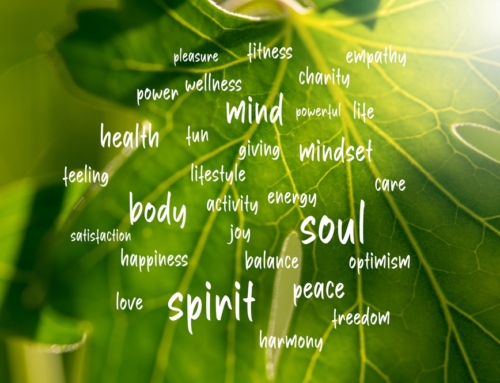Gratitude for Emotional Health

Photo by Gabrielle Henderson on Unsplash
After neurologist and best-selling author Oliver Sacks was diagnosed with terminal cancer, he knew he was nearing the end of his life. He got to work writing what eventually became a book of four essays entitled Gratitude.
In response to his prognosis Dr. Sacks wrote, “In the long hours that followed, I was assailed by memories, both good and bad. Most were in a mode of gratitude—gratitude for what I had been given by others, gratitude too that I had been able to give something back.”
Facing one’s own mortality and seeing the impending end ahead can lead to turmoil and angst for many. Perhaps, though, there’s something to learn in Dr. Sacks’ approach. Rather than react with panic or breakdown, instead he embraced the joy and thankfulness for what he had experienced. It wasn’t to deny or dismiss the reality of his situation; rather it was a choice on where to focus in recognition of what he could and could not control.
Sometimes gratitude can be an antidote to unending despair.
What is gratitude anyway?
Merriam-Webster defines gratitude simply as “the state of being grateful: THANKFULNESS”
Gratitude has gained increasing amounts of attention in relation to the positive effects it has on people’s mental and physical health. Researchers and practitioners have brought gratitude into their study and practice as an accessible approach to improved well-being. Over time the word has taken on a more extensive meaning.
Gratitude is an emotion, a practice, a tool for connection or coping, a perspective, an attitude, and for some people it is a way of life.
It is a way for you to focus on what you have rather than what you don’t have. It’s part of a spiritual or religious practice for some, and a tool of self-care for others.
Gratitude is not a quick fix for unhappiness, if there is such a thing.
At the same time, it can be as easy as saying “thank you”.
Where do you begin?
A lot of people come into therapy when things in their life have reached a point of crisis. They wait until their circumstances have gotten so bad, or the repetitive frustrations of daily life have become overbearing and overwhelming. When depression and anxiety have persisted over time, this can lead to worsening despair and hopelessness.
Things can happen in a person’s life, either gradually or suddenly, that lead to a profound sense of powerlessness. Like you are not in charge of what is happening, or what has happened. Maybe this has been going on since childhood, and as an adult you still don’t feel like you’re in control of much.
Sometimes it can feel like you’re trapped by the past, or worse yet ruined by it. You might feel stuck in ruminations on what happened, or why it happened. As your energy is going into this, it takes away from other ways of seeing or perceiving things other than the negative, leaving you feeling cornered, with no sense of possibility outside of the remembered experience.
You can’t change what’s happened in the past. You also can’t necessarily control the things that are happening in the world around you in the present.
But, you can have a real impact on your relationship to the world, to your past, and your future.
What does that even look like?
Imagine being able to see outside of the familiar memory of what was and the ways you view yourself as a product of your past. What if you could change that?
Rather than wishing you could change what happened focusing instead on how it affects you in the here and now; adding a new sense of possibility to what has mostly felt unbearably painful, impossibly terrible.
Gratitude researcher Robert Emmons states “Processing a life experience through a grateful lens does not mean denying negativity. It is not a form of superficial happiology. Instead, it means realizing the power you have to transform an obstacle into an opportunity. It means reframing a loss into a potential gain, recasting negativity into positive channels for gratitude.”
Gratitude is not denial or minimization of your pain!
Practicing gratitude can offer an opening into a negative experience by encouraging you to choose another way to think about it; rewriting a narrative that has otherwise felt cemented in time. It is a form of reframing what has become stuck as a tragic memory, a loss, etc. It may even expand your perception beyond the negative, offering a sense of hope.
For example, rather than just remembering the terrible thing that happened, try to think about what unexpectedly grew out of the experience. Maybe you discovered an ability you were not previously aware you had. Perhaps you made a connection or found a relationship you otherwise wouldn’t have.
Choosing gratitude can be empowering and bring a feeling of more control into your life; through the practice of appreciating what is important to you by taking time to name it and engage with the feeling of connection it brings, within yourself and towards others.
The evidence
Positive psychology has focused significant research on practicing gratitude and found strong and consistent associations to greater happiness and an improved sense of well-being.
A growing body of research on the positive impacts of practicing gratitude has shown marked benefits, not only to a person’s mental health, but also their physical health. Practicing gratitude has been shown to stimulate the hypothalamus (the part of your brain that regulates stress). Clinical trials on practicing gratitude show lowered rates of hopelessness in suicidal patients, reduced levels of cortisol (a known stress hormone), improved sleep quality in patients with chronic pain, reduced risk of depression in at-risk patients, increased mental clarity, lower levels of bad cholesterol and higher levels of good cholesterol. And the list of benefits goes on.
How to practice gratitude
Start small.
Think about something or someone you feel thankful for. Say thank you, even if it’s just in the form of a thought.
Express thanks in a letter to someone you genuinely appreciate.
Keep a regular gratitude journal. Pick a topic and try to come up with 3 things that you can list: somethings that went right, somethings you’re grateful for.
Meditate. Choose something you are grateful for as the focus of your meditation. It can be a person, an animal, a sound, a feeling, how the moon looked last night…
Act happy. That might sound silly, but studies have found that consciously practicing a smile stimulates the release of neurotransmitters in the brain resulting in a positive emotional state. Sometimes acting opposite of how you feel can actually change how you feel.
The Buddhist monk Thich Nhat Hahn said in his book “Peace is Every Breath” that when you wake up in the morning you can choose to smile and recite this little poem:
Waking up this morning, I smile:
Twenty-four brand new hours are before me.
I vow to live each moment fully
And to look at all beings with eyes of compassion.









